A year ago, ESL for the first time ever made a striking deal with Facebook in the esports scene. They would exclusively own streaming rights for a few DOTA 2 and CSGO tournaments. Since then, there has been a huge amount of complaints and disappointment. Bad feedbacks come from everywhere, from both communities and directly from Valve as well.
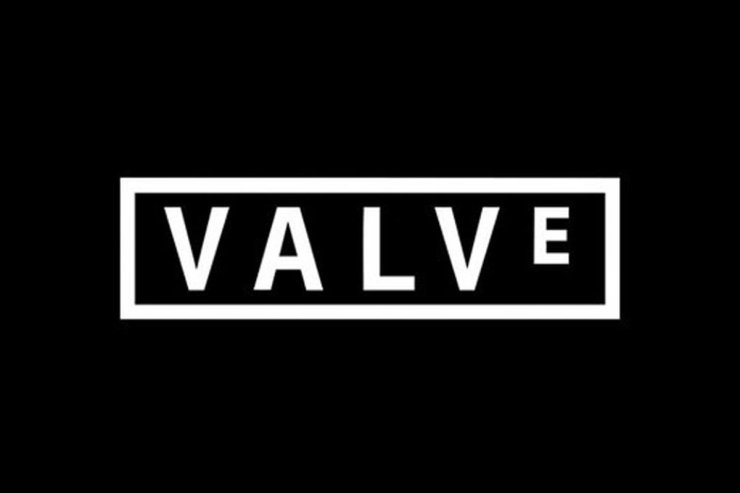
So many things are wrong with the Facebook streaming
Viewership experienced a major pitfall when comparing to Twitch or YouTube. Streams are laggy, there’s always quality and sound issues, and generally, everyone hates Facebook streaming.
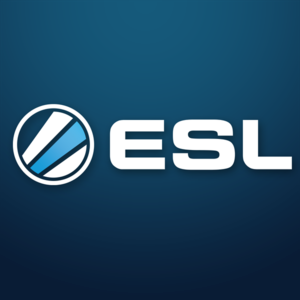
Rod ‘Slasher’ Breslau, Esports journalist posted on Twitter to provide us with for information about this. In the tweet, he mentioned that it is finally the end of ESL CSGO and Dota Facebook streaming. The viewership was poor all year and it was clear that Facebook cannot do streaming properly. He also stated that Valve isn’t happy and ESL too even with their money. ‘Slasher’ later corrected his statement that the deal should actually run until the end of 2019.
Things got worse when we talk about the numbers
To see things more clearly from the viewer perspective, ESL Pro League experienced a major drop off in the numbers for normal season games. The numbers hit only around 10k viewers, while previous seasons on Twitch experienced a peak of as many as 60k+ viewers.
Furthermore, the finals where Astralis the home team compete for a million dollars, there was just merely 30k views. You will realize how bad that number was if you make a comparison of last year’s 1 million viewers in the ELEAGUE Major 2017.
In fact, the Facebook streaming deal is over now for DOTA 2 and is unlikely to happen again. However, fans of CSGO will need to wait much longer, at least until late 2019 when the deal finally expires.
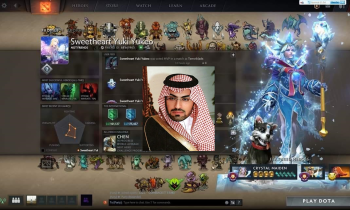

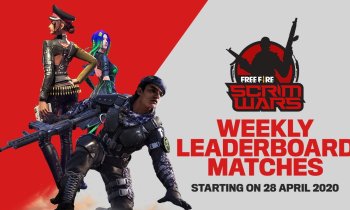

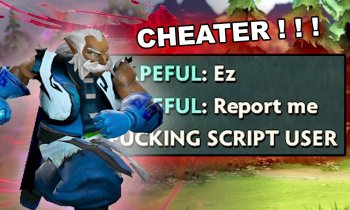





Comments